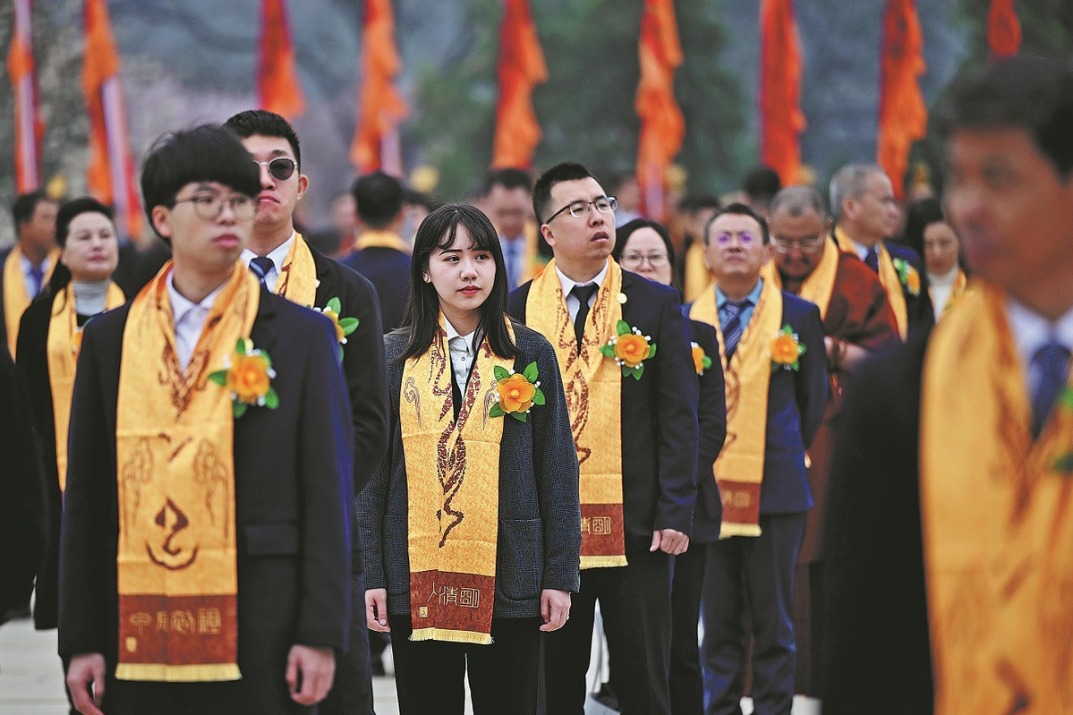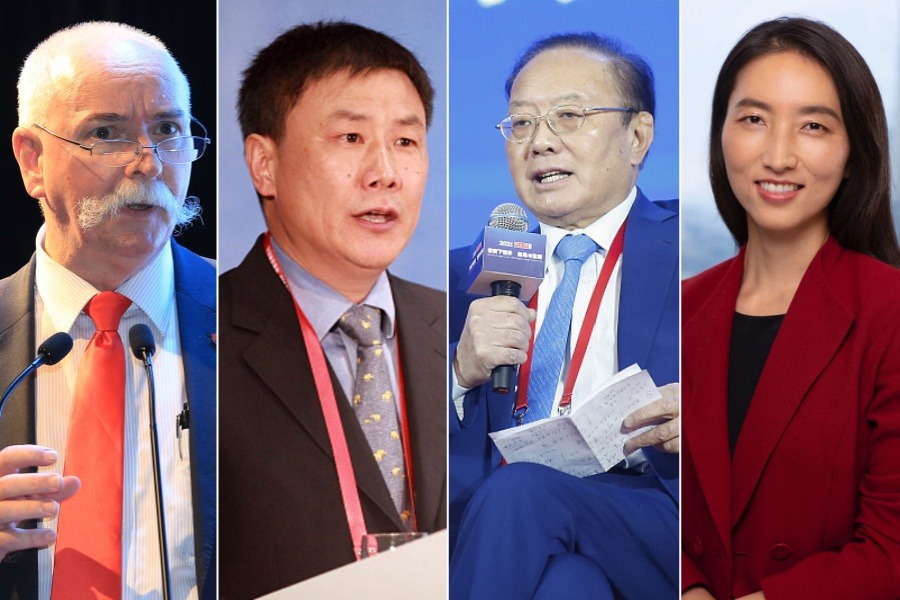The battle for discourse between US and China
By Tom Fowdy | CGTN | Updated: 2020-03-06 14:15

The last few days has saw the United States open up a new front in its confrontations with China in the field of media and journalism. Following a decision by China to expel three Wall Street Journal reporters over the "China is the real sick man of Asia" headline, the U.S Department of State announced new staff caps and visa restrictions on a number of Chinese media outlets within America.
The administration sought to shape the narrative against China as the provocateur in this dispute, despite the fact it had also moved weeks previously to label these news organizations as "foreign missions" and further control their activities. It has exclusively signaled out Beijing for this treatment.
The development signals Washington's intention to pursue a "media cold war" against China by deliberately provoking fear and suspicion of Chinese media organizations and their intentions, aiming to stifle and delegitimize China's voice not just within America itself but throughout the world, and thus uphold their own critical narratives in the process as buffered by the mainstream media.
While Chinese media are unlike the American ones, not aiming to preach an ideology to the United States or an idealized political system, nevertheless the challenge which lies ahead for Beijing is ensuring that its voice, perspective and own terms can be heard despite the attempts of others to dismiss them.
The United States talk a lot about press freedom. Of course, it is in their constitution. However, does their own press within China really have as bad a deal as they make it out to be? America's three largest news organizations which have global influence includes the New York Times, Washington Post and Wall Street journal are all present within China.
While operating conditions may not be identical to America, nevertheless a quick look at their portfolios will show you that all three papers produce from within China itself relentlessly negative and ideologically driven content about the country every single day, and do not make it a secret that they idealize and preach a vision for what they believe China should be, often working behind the scenes to advance the given narratives and wishes of the political establishment.
All three of the papers have for example, supported Hong Kong unrest exclusively, helped facilitate the administration's campaign against Huawei, sought to push narratives on Xinjiang and vilified the country over its Covid-19 response.
The same cannot be said for Chinese outlets that operate within the United States. While Chinese media endeavor to obviously pursue China's national interests and position, nevertheless unlike these outlets they are not in America to push an ideological agenda against the country, relentlessly challenge the political order and shape the United States to their own vision of governance. Instead, they have sought to present a view and understanding of China which they argue the West neglects and take seriously.
Because of this, the United States government have sought to deliberately whip up an atmosphere of fear against Chinese outlets by making sweeping accusations against them which play upon public anxiety, aiming to create political capital to limit their scope. For example, in the past few weeks Washington officials have played upon the idea that Chinese media are out to infiltrate the U.S. political system and deceive Americans, whipping up crude stereotypes of what they argue is "propaganda."

In doing so, this allows them to contravene their own commitments to the freedom of the press and thus impose restrictions on such outlets in the name of "national security" - which tends to be a catch all card in demonizing and shutting things down pertaining to China.
Thus this reveals the core problem, not so much "freedom of the press" but a question of who dictates the narrative? Washington wants negative narratives of China to prevail through the monopolized corporate media, and does not want to give China a legitimate right to defend itself, speak up or make its voice known to the world. U.S. politicians want to sustain hegemony over how China is depicted as to which China itself does not get an equal say in.
Thus the administration has effectively drawn the line of a "media cold war" using Chinese journalists as leverage to try and prevent Beijing from standing up for its national interests. Thus, whilst the White House and supporters of this policy claim it is making things "more unequal" what is in fact attempting to do is to sustain inequality by preventing China from standing up to the country's "big three" newspapers.
In this case, the challenge for Beijing in this new environment is not to attack America back or descend to the same level, but instead to place significant focus on making sure that its voice is not only heard, but understood. There's a lot of work to do.























